From July 17 to 19, the 3rd International Conference on Evolutionary Game Theory and Artificial Intelligence (EGAI 2025) was held at the Hangzhou International Campus of Beihang University. Academician Zheng Zhiming, Dean of the School of Artificial Intelligence at Beihang University, was the honorary chairman of the conference. The conference was co-chaired by Professor Tang Shaoting from the School of Artificial Intelligence at Beihang University and Professor Fu Feng from the Mathematics Department at Dartmouth College. As co-chairs of the program committee, Associate Professor Wang Xin and Associate Professor Chen Xingru from the School of Artificial Intelligence presided over the sessions of the event. The conference received strong support from the Hangzhou International Innovation Institute (H3I) of Beihang University, the School of Artificial Intelligence, the State Key Laboratory of Complex & Critical Software Environment, the Key Laboratory of Mathematics, Informatics and Behavioral Semantics of the Ministry of Education, and Beijing Advanced Innovation Center for Future Blockchain and Privacy Computing.
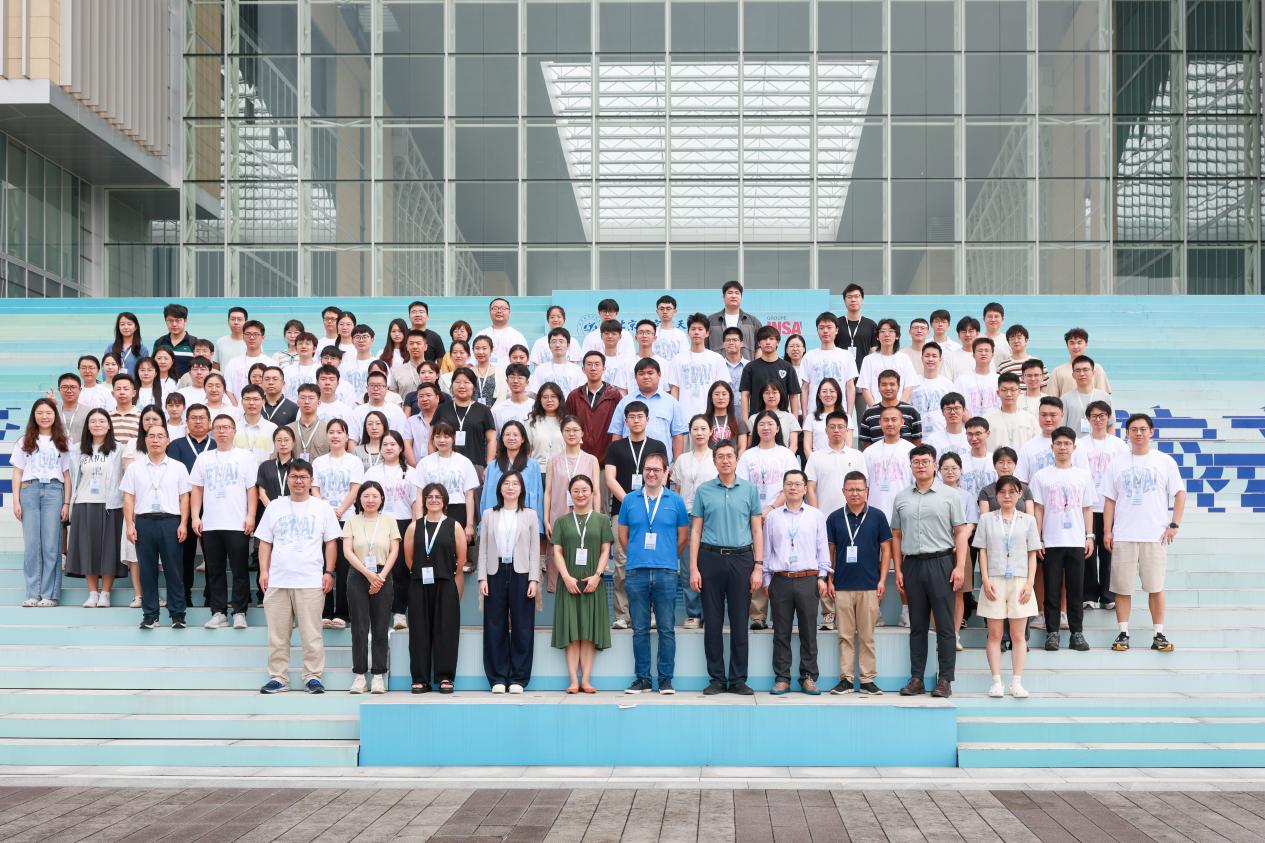
The conference focused on the development of evolutionary game theory and how it is integrated and applied with the theory of artificial intelligence. Participants explored the convergence of evolutionary game theory with cutting-edge fields of artificial intelligence, such as reinforcement learning, large models, neuroscience, and group cognitive decision-making. Discussions were further extended to related directions such as computational neuroscience and social intelligence, all aiming at advancing the future development of "Science for AI". More than 110 experts, scholars, faculty members, and students from more than 40 universities and research institutions attended the event, engaging in a vibrant on-site exchange that sparked a steady flow of new ideas.
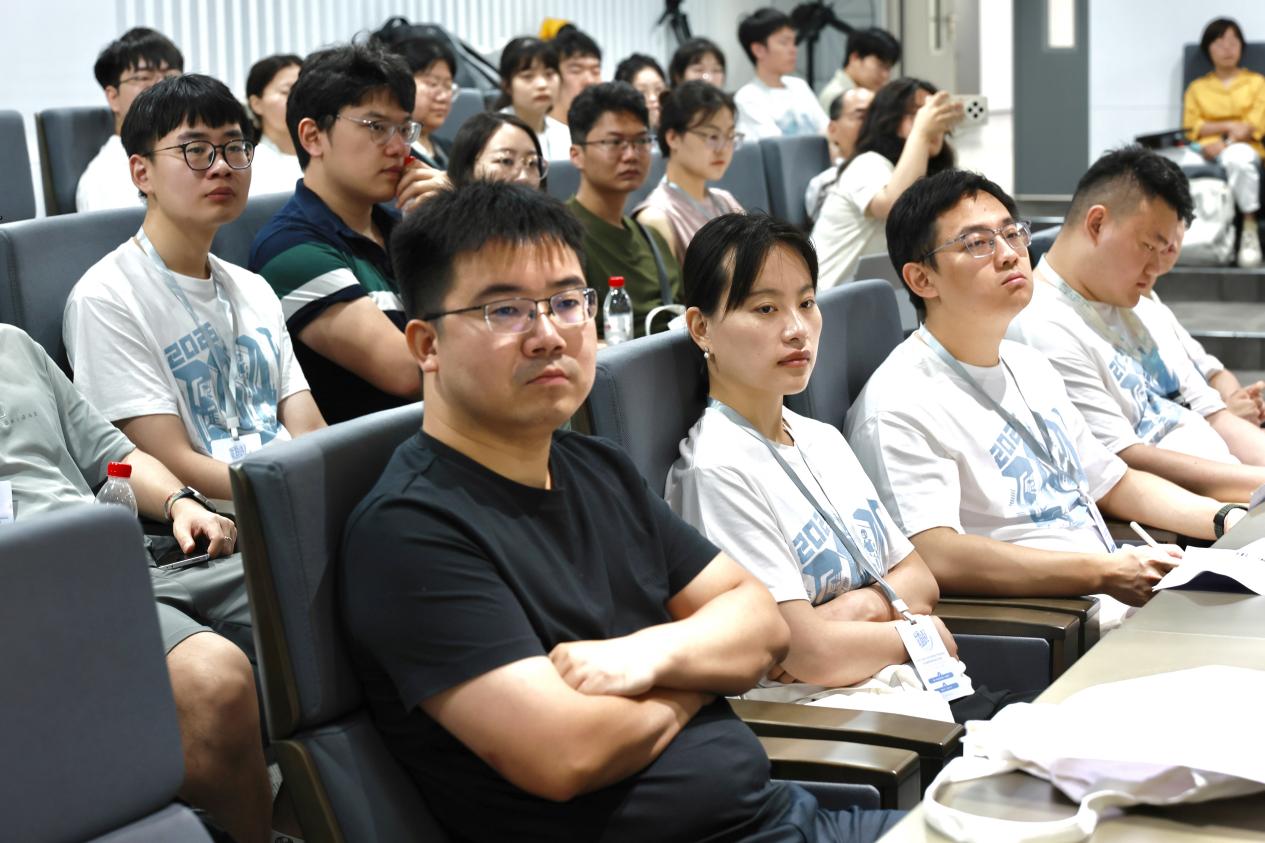
The opening ceremony was presided over by Associate Professor Wang Xin. Du Pengcheng, Vice Director of H3I, made a speech. On behalf of the institute, he extended warm greetings to experts, scholars, and students. He pointed out that artificial intelligence is not only a national strategic priority, but also a powerful catalyst for interdisciplinary innovation and scientific and technological progress. He hoped that the conference would further deepen the integration of evolutionary game theory into artificial intelligence and accelerate the high-quality theoretical and technological development of artificial intelligence in China.
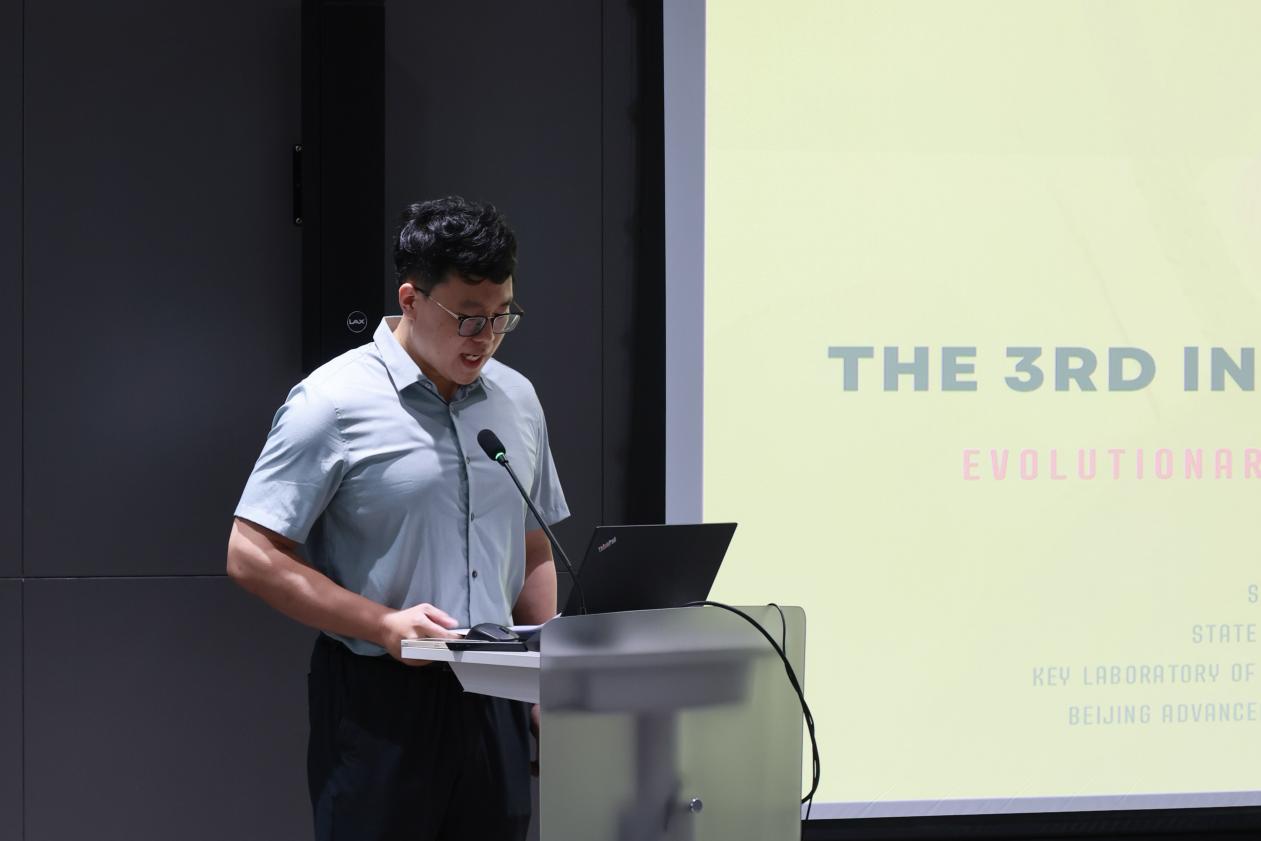
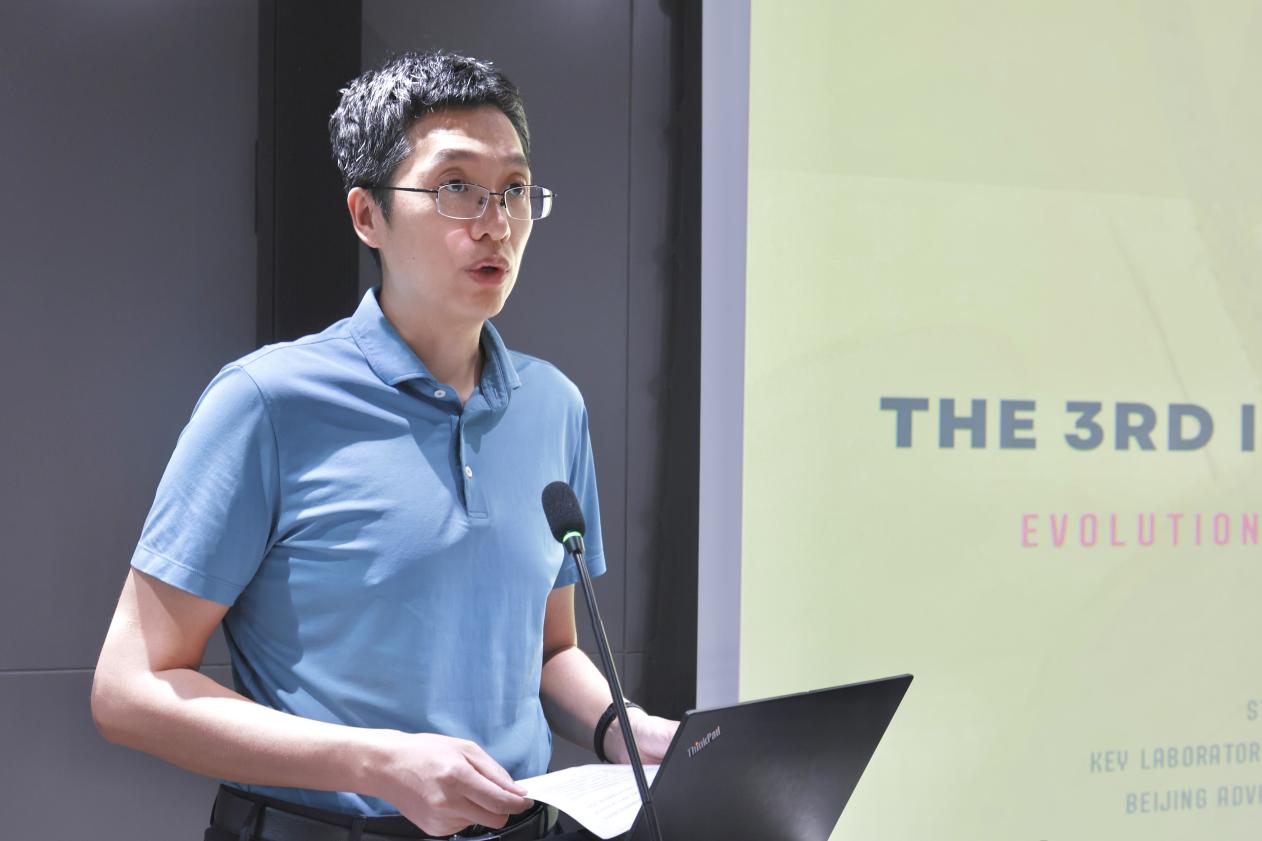
During the conference, experts delivered exciting and inspiring academic reports either on site or via video link to faculty members and students, sparking lively discussions. Professor Hirokazu Shirado from Carnegie Mellon University used conflict coordination in autonomous driving as a case to show how human-machine hybrid intelligence can improve system decision-making; taking evolutionary game as the theoretical basis, Professor Chen Xiaojie from the University of Electronic Science and Technology of China analyzed the evolution of group strategies, and the complex dynamics and regulation of collective decision-making; Researcher Hu Shuyue from the Shanghai Artificial Intelligence Laboratory systematically described how cooperative behaviors and social norms emerge and evolve in multi-agent systems powered by large language models; Professor Fernando P. Santos from the University of Amsterdam made a presentation on how large language models evaluate and influence human decision-making; Nikoleta E. Glynatsi, a research fellow at the Institute of Physical and Chemical Research (RIKEN), shared her theoretical and applied achievements in finding dominant strategies for repeated games and delivered a Python programming tutorial oriented to game theory as an open-source community contributor; Professor Christian Hilbe from IT:U Austria provided an in-depth account of how non-optimal learning mechanisms evolve and shape outcomes across different game types; Dr. Saptarshi Pal from Harvard University lectured on the Nash equilibrium of single-step memory strategies in repetitive games and its properties; using the decision-making for NIH grant allocation as the background, Professor Ran Zhuo from the University of Michigan proposed an efficient algorithm model based on large-scale empirical data to assist in research on social resources allocation and innovation; and Professor Zhu Lusha from Peking University reviewed the progress in using human behavior experiments, computational modeling, fMRI, and graph neural networks to study group learning, representation, and decision-making processes with social network structures.
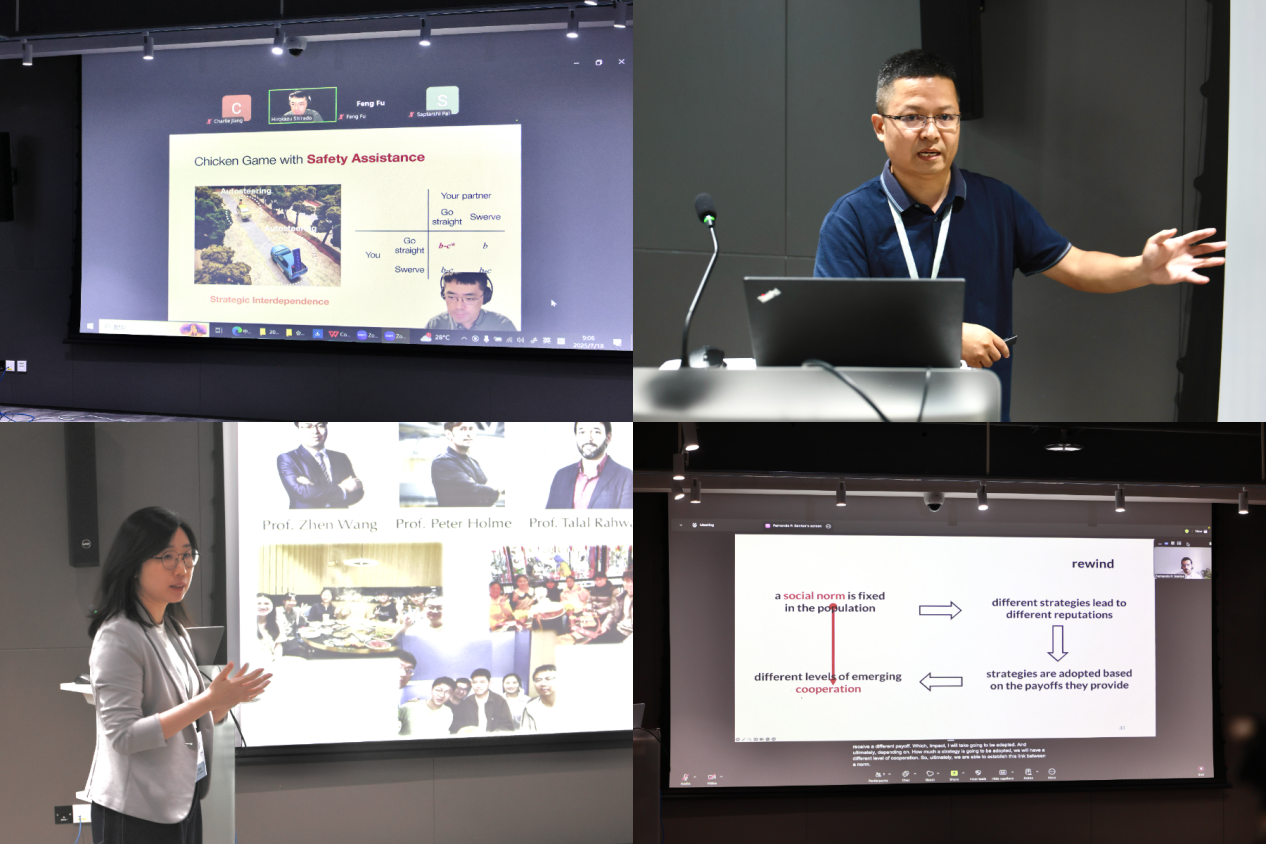
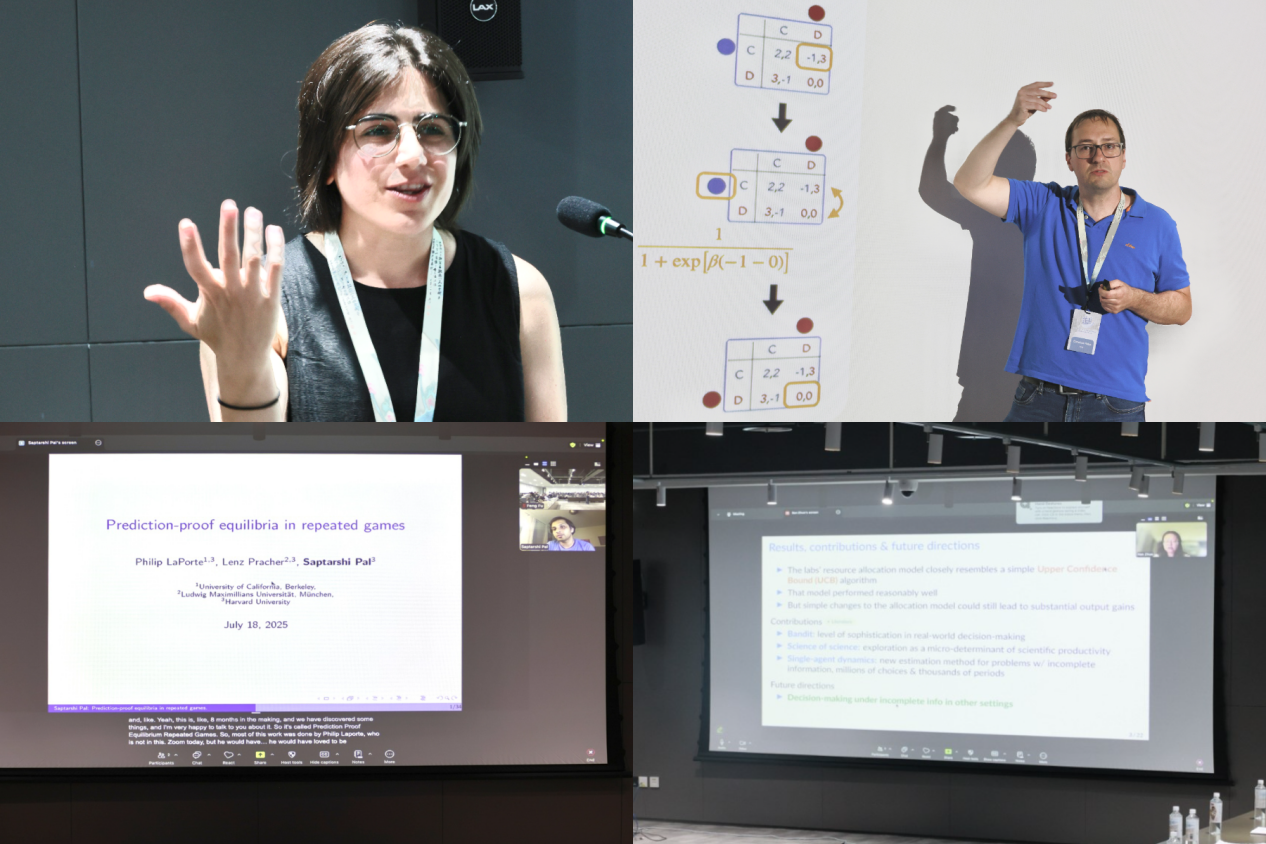
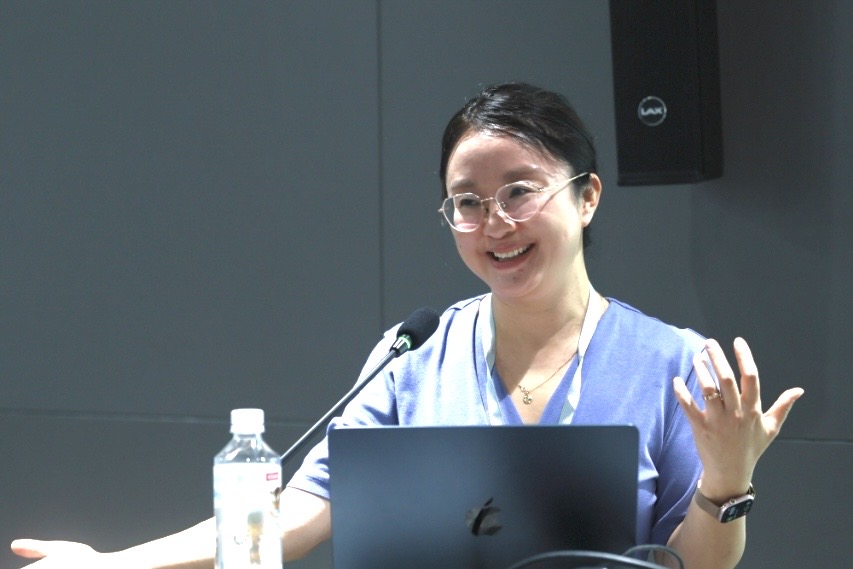
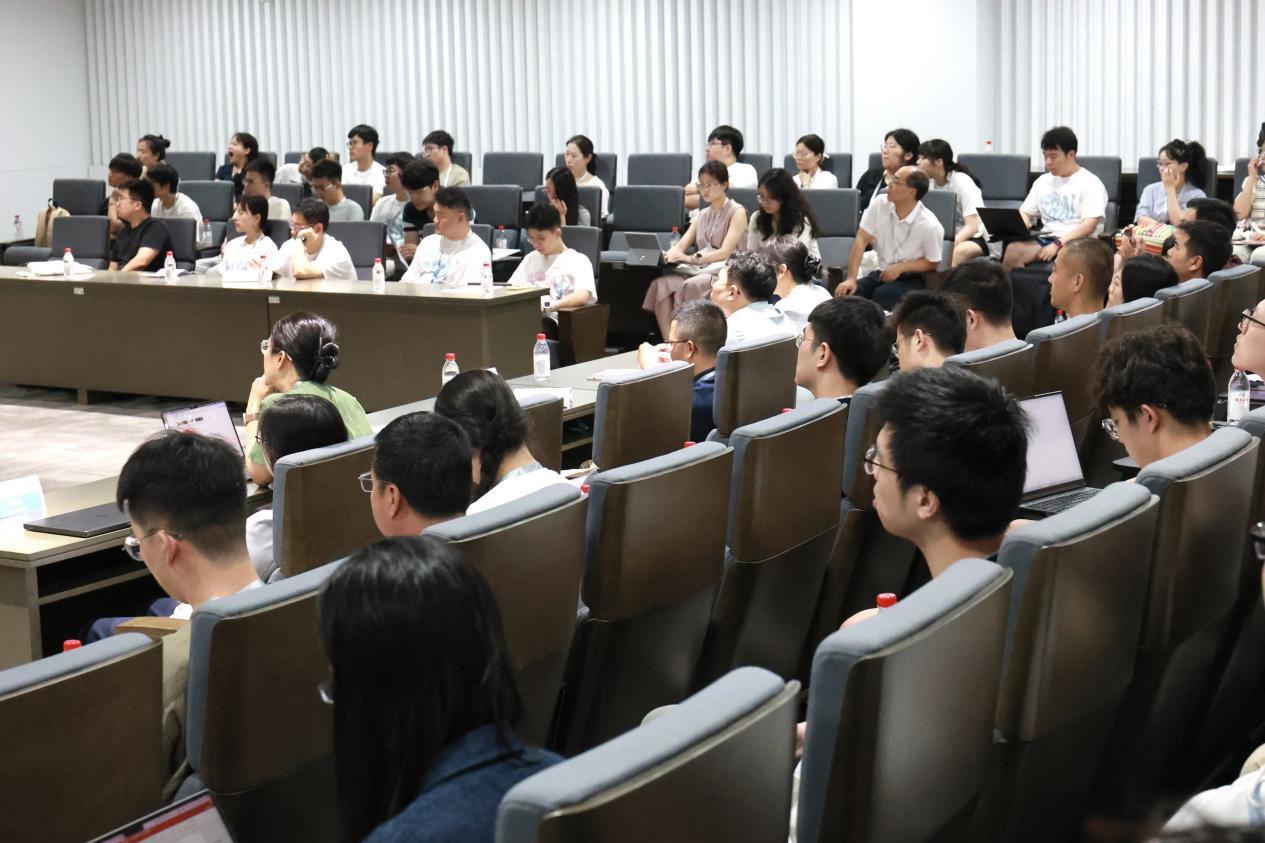
For the first time, the conference included a Best Poster Award vote and a Best Paper Award defense session. The atmosphere was vibrant: presenters communicated face-to-face with experts and peers on such issues as research methods, experimental results, and future directions. This has boosted intellectual exchange and academic cooperation.
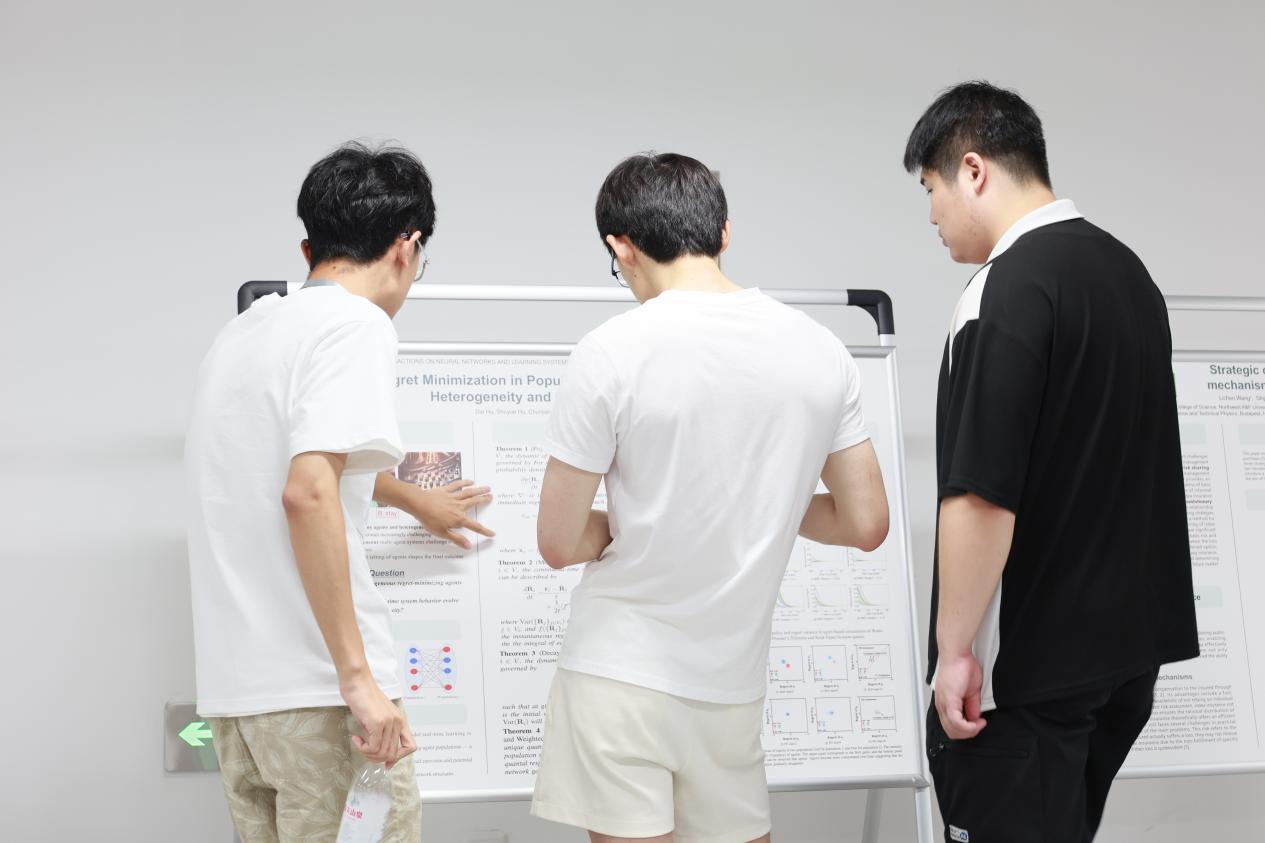
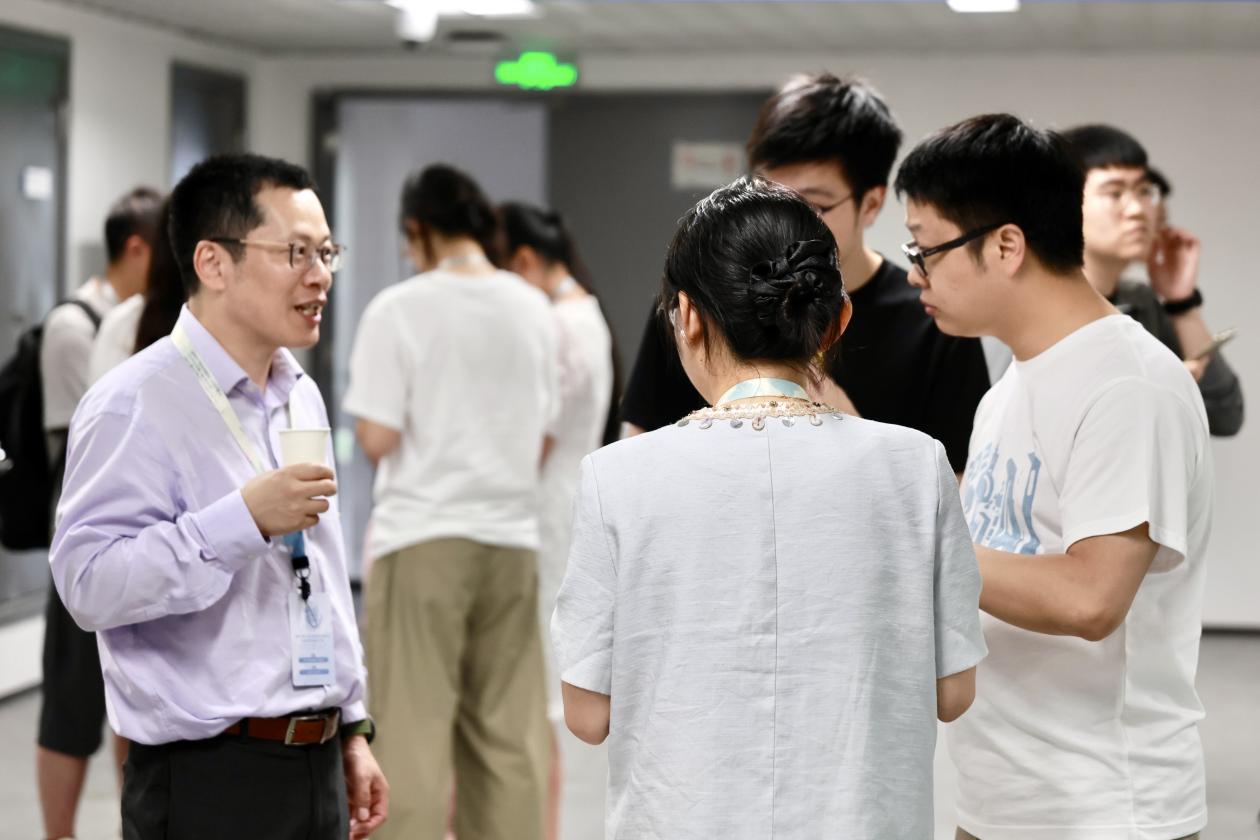
EGAI 2025 served as a high-level international exchange platform for evolutionary game theory and artificial intelligence. It offered an important opportunity to promote interdisciplinary integration, foster theoretical innovation and practical application of AI, and enhance the quality of talent cultivation in the AI domain. The conference concluded successfully following the award ceremony.
Approved by Dong Zhuoning, Zhang Wei, Xu Ran
Edited by Yuan Xiaohui

